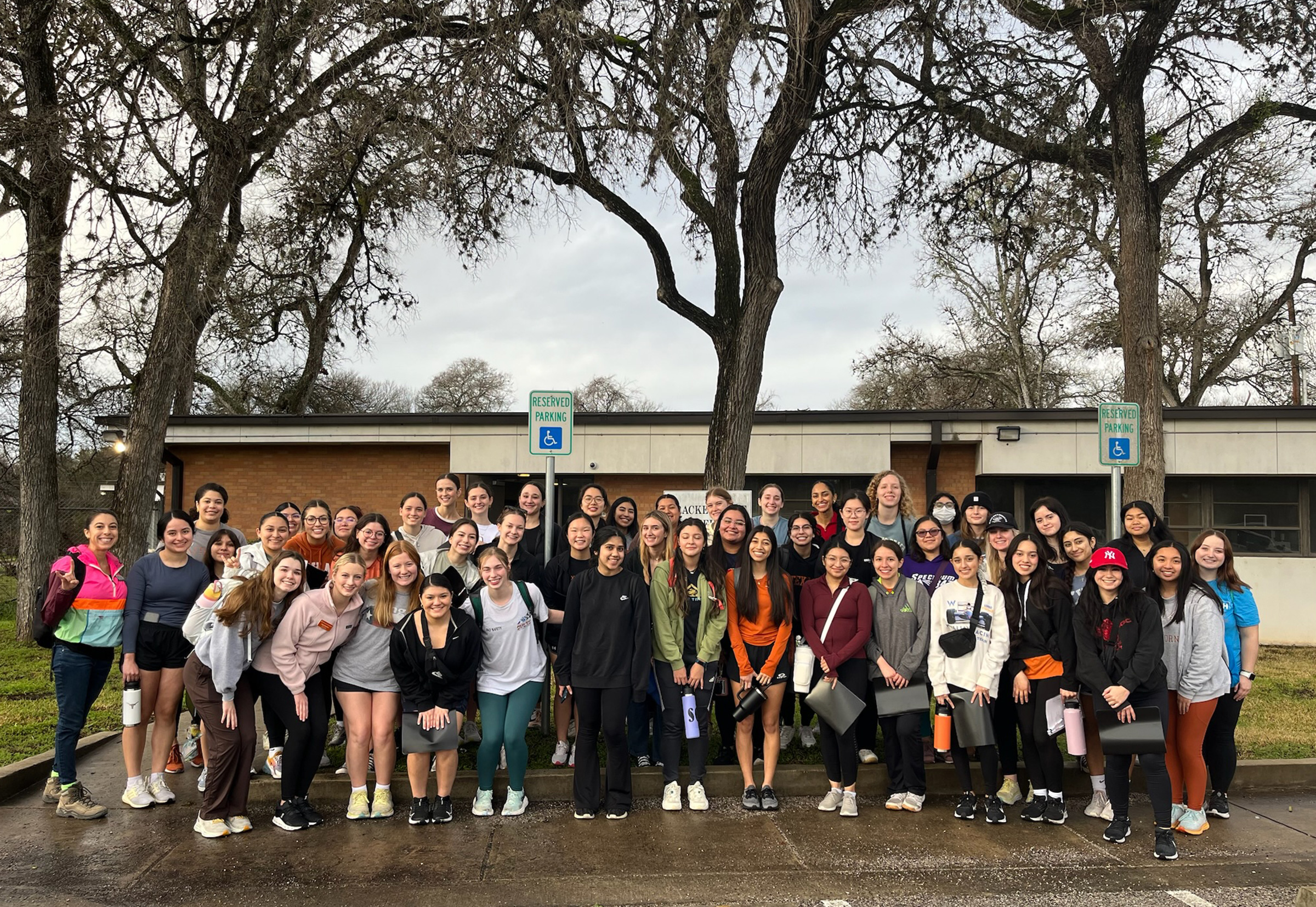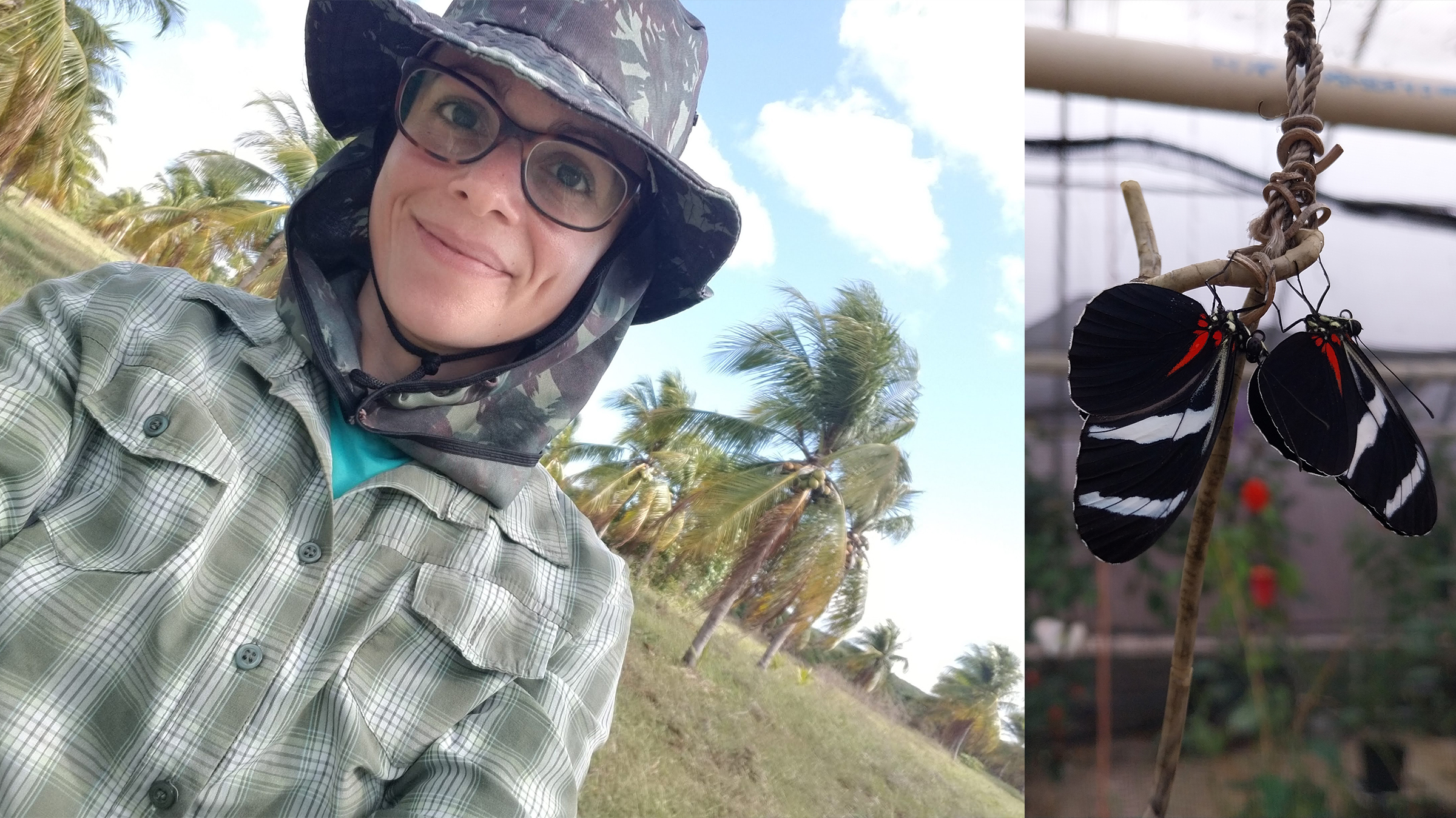News
Biologist in National Academy of Sciences to Address 2024 Graduates
Nancy Moran, the acclaimed evolutionary biologist, will address College of Natural Sciences graduates on May 11.

Study Challenges Popular Concept of Spread of Cultural Innovations
Researchers find that Eurasia’s East-West orientation likely did not aid in cultural domination.

Red Flags: I’m Not the Bug for You!
The matador bug’s vibrant red hind-leg flags are neither a mating display nor a distraction tactic, they’re part of an elaborate defense strategy.

UT News
Surviving a Volcanic Supereruption May Have Facilitated Human Dispersal Out of Africa
Graduate students Jessica Valdes and Keenan Riordan were on a team that found humans may have dispersed during arid times along “blue highways.”

A Once-in-Many-Centuries Event
In honor of the impending total solar eclipse on April 8th, we present this special eclipse podcast.

Why the Powerhouses of Cells Evolve Differently in Plants
New research solves a mystery as to why mitochondria in some plants evolve faster than others.





